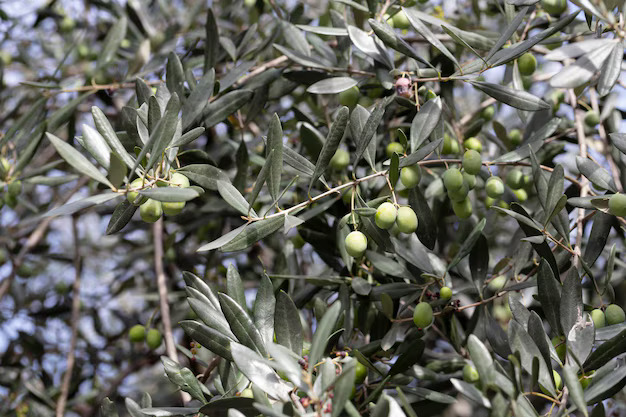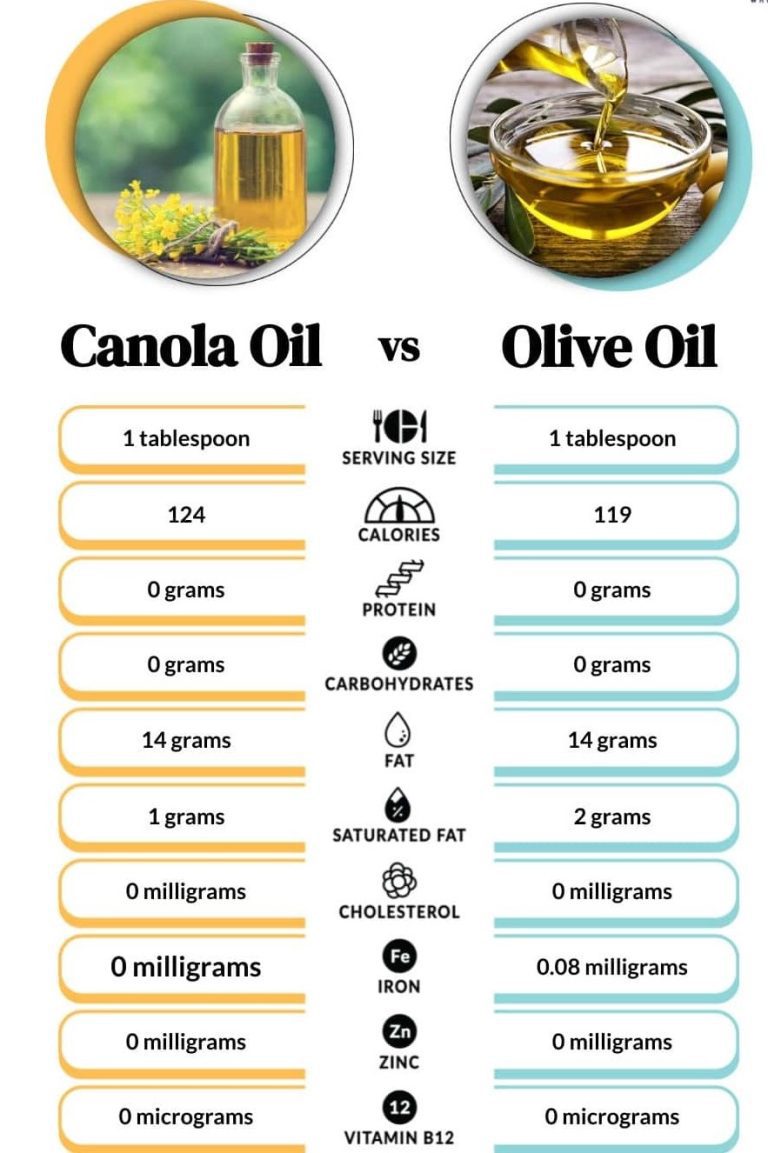
When choosing the right oil for your kitchen, two popular options are canola oil and olive oil. Both have unique benefits and characteristics, making them suitable for different purposes.
In this blog, we’ll explore the distinctions between canola oil and olive oil, their nutritional profiles, culinary uses, and which is the healthier choice for your diet.
Table of Contents
Comparing Canola Oil and Olive Oil
Understanding the key differences between canola oil and olive oil is crucial for making an informed decision. These differences lie in their origins, production processes, and primary uses.
⦁Source and Production: Canola oil is derived from the seeds of the canola plant, a cultivar of rapeseed, while olive oil is extracted from olives, the fruit of the olive tree.
⦁Taste: Canola oil has a neutral flavor, making it versatile for various recipes without altering the taste of the food. Olive oil, particularly extra virgin olive oil, has a distinct, rich flavor that can enhance dishes.
⦁Heat Tolerance: Canola oil has a higher smoke point (around 400°F) compared to olive oil (around 375°F for extra virgin olive oil), making it more suitable for high-heat cooking methods like frying.
What is Canola Oil


Canola oil is a vegetable oil derived from the seeds of the canola plant, scientifically known as Brassica napus.
Developed in Canada, the name “canola” comes from “Canadian oil, low acid.”
It is known for its light texture and neutral taste, making it a popular choice for baking, frying, and sautéing.
What is Olive Oil


Olive oil is a natural oil obtained from pressing olives, the fruit of the olive tree. Olive oil comes in various grades based on extraction methods and quality:
Extra Virgin Olive Oil (EVOO): This is the highest grade of olive oil, celebrated for its superb taste and aroma. It is produced through mechanical pressing without the use of chemicals, ensuring a pure and natural product.
Nutritional Breakdown of Canola Oil and Olive Oil


Both canola oil and olive oil offer unique nutritional profiles that can benefit your health in different ways. Here’s a comparison:
- Rich in omega-3 and omega-6 fatty acids.
- Contains a significant amount of monounsaturated fats.
- Low in saturated fats.
- Provides vitamins E and K.
- High in monounsaturated fats, particularly oleic acid.
- Contains antioxidants like polyphenols.
- Provides vitamins E and K.
- Extra virgin olive oil has anti-inflammatory properties due to its high phenolic content.
Best Uses for Canola Oil and Olive Oil in Cooking
When it comes to culinary uses, the choice between canola oil and olive oil depends on the type of cooking and the desired flavor.
Canola Oil:
- Its neutral flavor and high smoke point make it ideal for baking, frying, and high-heat cooking.
- It won’t overpower the taste of your dishes, making it a versatile option for various recipes.
Olive Oil:
- Best for dressings, drizzling, sautéing, and low to medium-heat cooking.
- The rich flavor of extra virgin olive oil enhances salads, pastas, and Mediterranean dishes.
- It’s also perfect for dipping bread and finishing dishes for an extra flavor boost.


Health Benefits: Canola Oil vs Olive Oil
Both canola oil and olive oil offer health benefits, but olive oil, particularly extra virgin, is often considered the healthier option due to its high content of monounsaturated fats and antioxidants.
- Cardiovascular Health:
Olive oil has been extensively studied for its cardiovascular benefits, helping reduce the risk of heart disease due to its high antioxidant and anti-inflammatory properties.
Canola oil is also heart-healthy due to its balanced omega-3 and omega-6 fatty acids and low saturated fat content. - Anti-Inflammatory Effects:
Extra virgin olive oil contains compounds like oleocanthal, which have anti-inflammatory effects similar to ibuprofen.
Canola oil, while beneficial, lacks these specific anti-inflammatory compounds. - Nutrient Absorption:
The antioxidants in olive oil can help with the absorption of fat-soluble vitamins, enhancing overall nutrient intake.
Conclusion
- In the debate of canola oil vs olive oil, the best choice depends on your specific needs and cooking habits.
- Canola oil is a versatile, neutral option for high-heat cooking, while olive oil, especially extra virgin, is prized for its rich flavor and numerous health benefits.
- Incorporating both oils into your diet can help you enjoy a variety of culinary experiences and nutritional advantages.
- For more in-depth information and studies on the benefits of canola oil and olive oil, you can visit Healthline’s article on Canola Oil and Olive Oil Times.
- By understanding the unique attributes of each oil, you can make a more informed choice that aligns with your dietary needs and preferences.
Pingback: 10 Incredible Benefits of a Mediterranean Diet: Transform Your Health Today -
Pingback: 12 Proven Natural Methods to Lower Cholesterol for a Healthier Heart -
Thanks for sharing. I read many of your blog posts, cool, your blog is very good.
Thank you so much for your kind words! I’m thrilled that you enjoyed our blog posts. If there’s any specific topic you’d like us to write about or if you have any questions, feel free to let me know!
Thanks for sharing. I read many of your blog posts, cool, your blog is very good.
Thank you so much for your kind words! I’m thrilled that our enjoyed my blog posts. If there’s any specific topic you’d like us to write about or if you have any questions, feel free to let me know!
Thanks for sharing. I read many of your blog posts, cool, your blog is very good.
Thank you so much! I’m glad you enjoyed the blog posts.
Your point of view caught my eye and was very interesting. Thanks. I have a question for you.